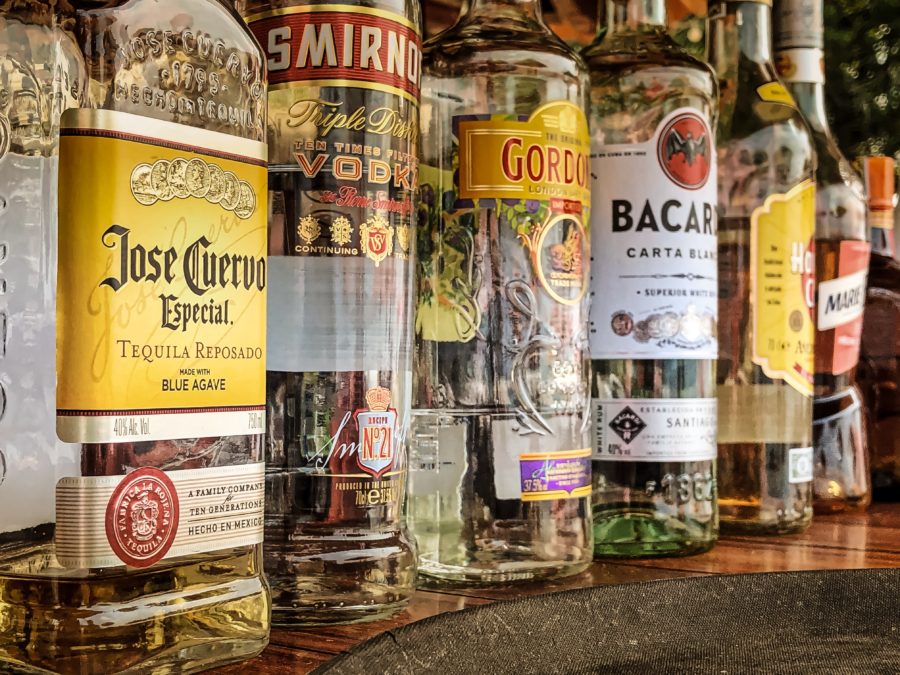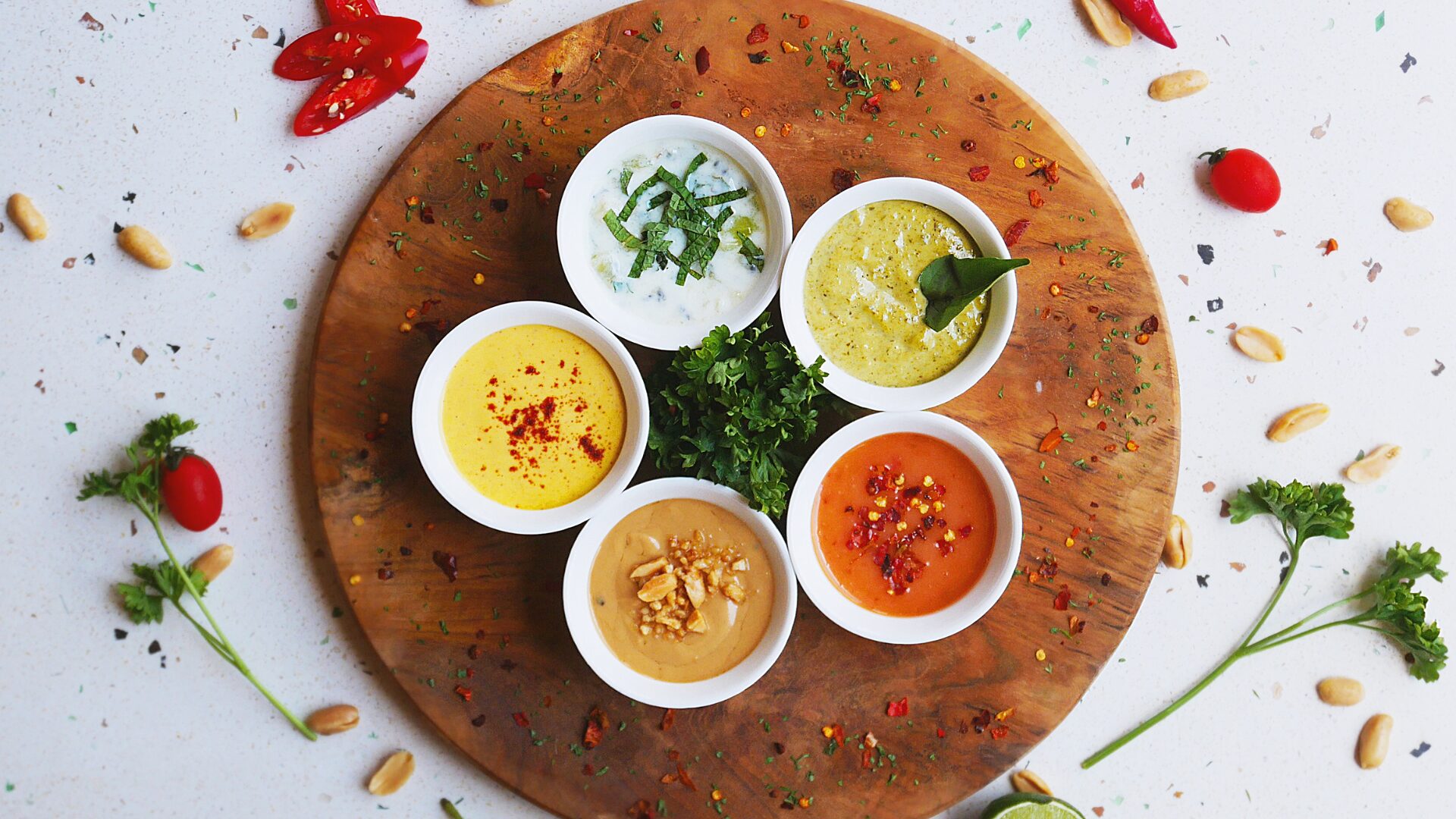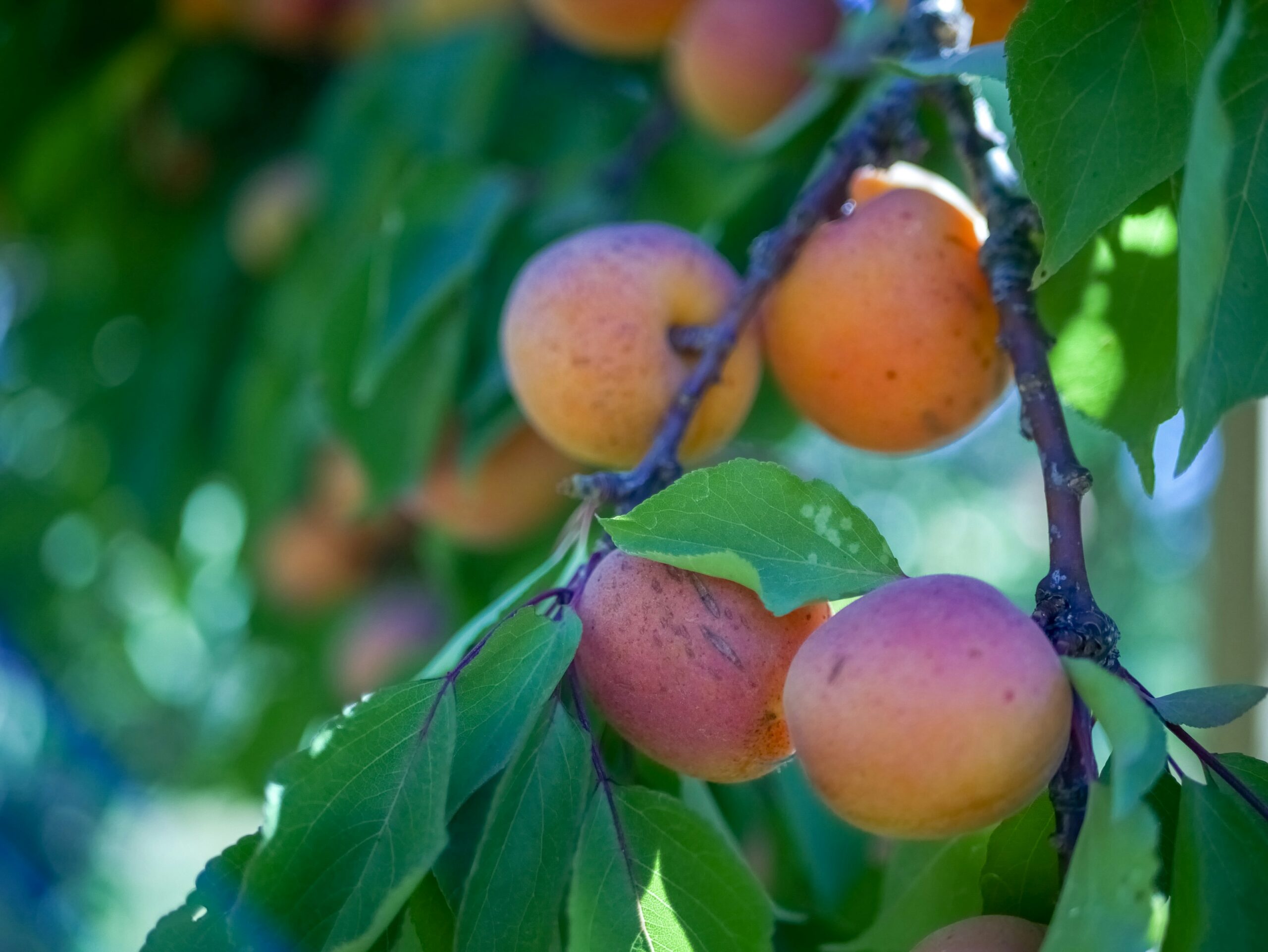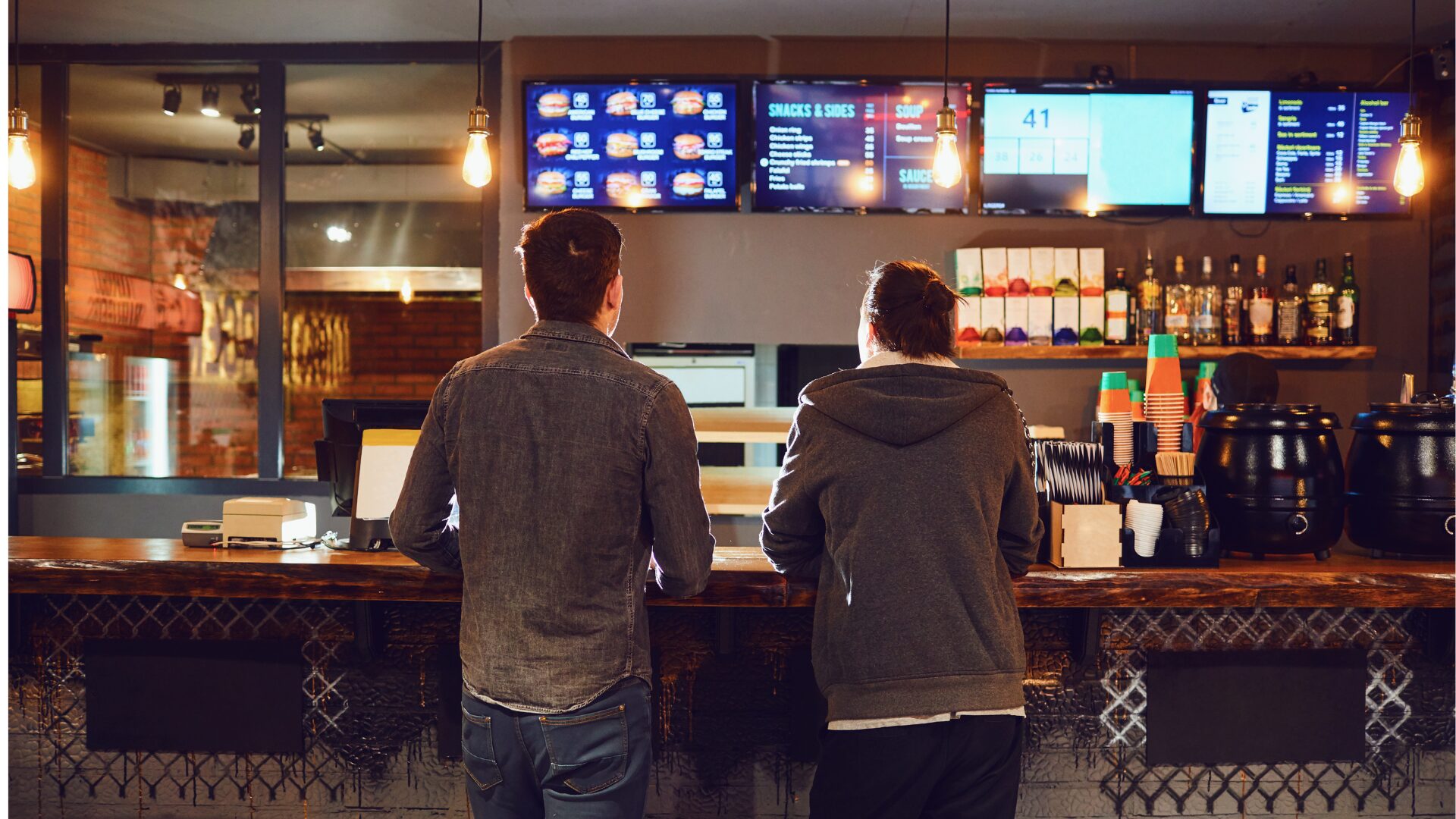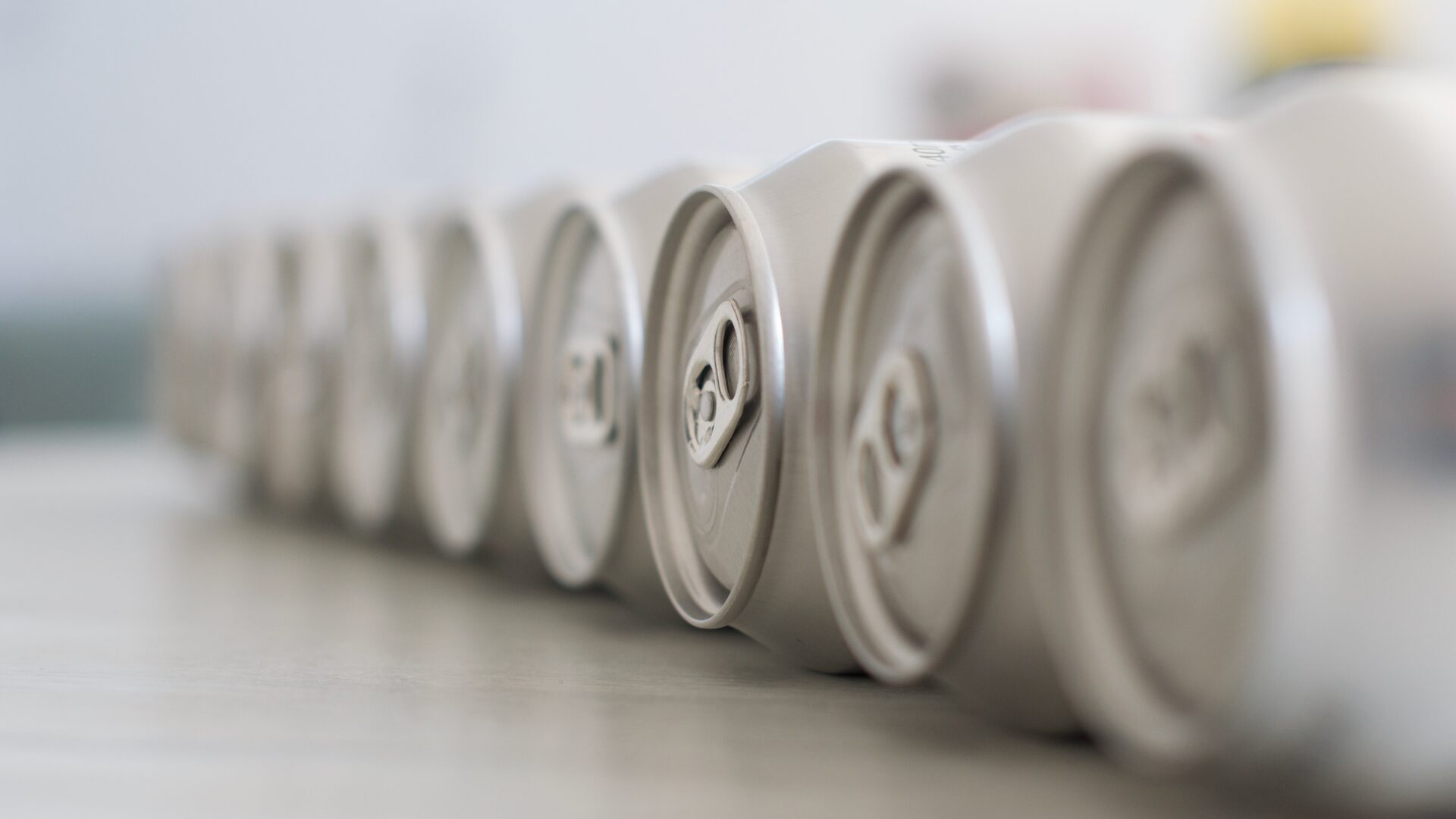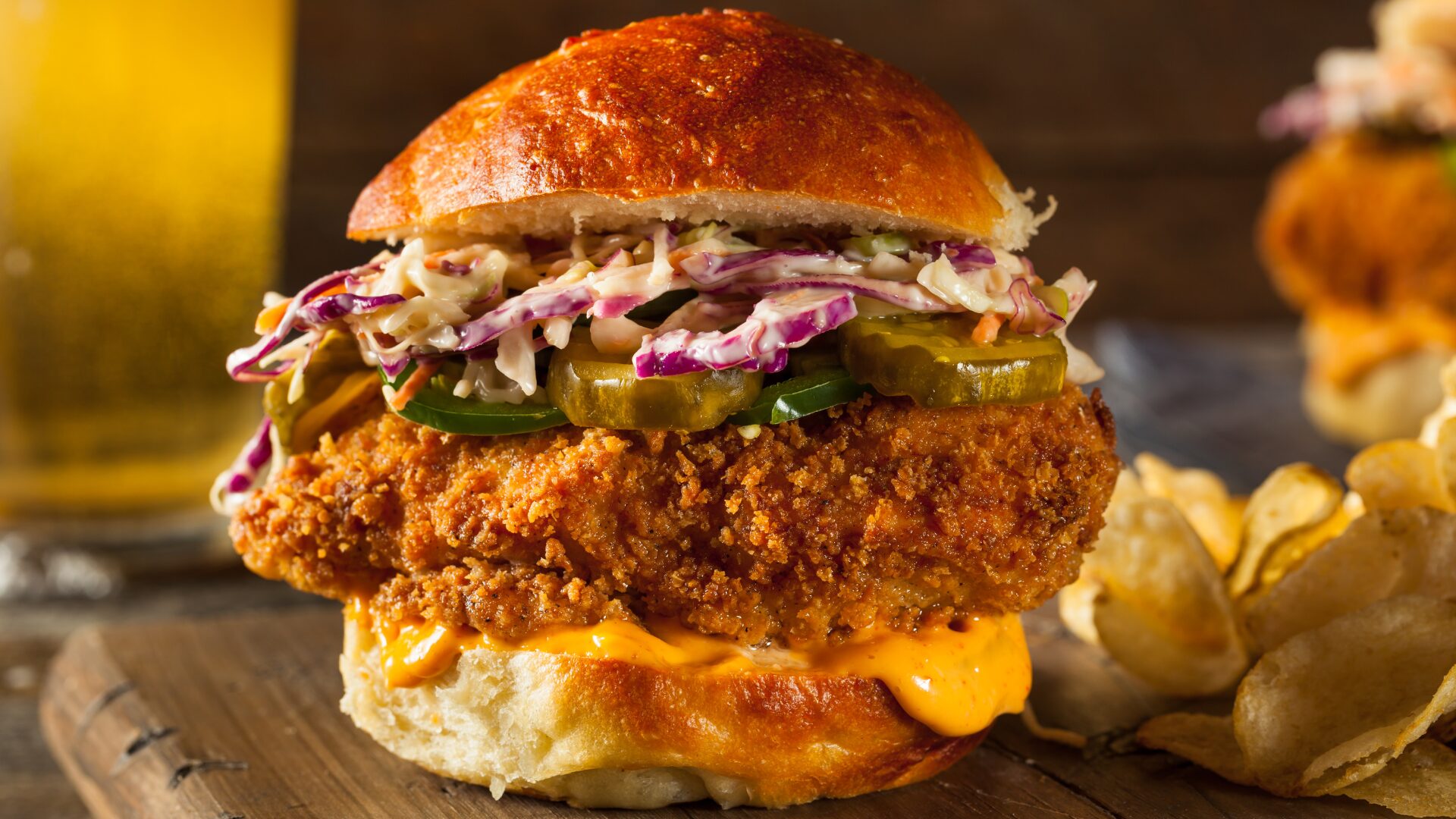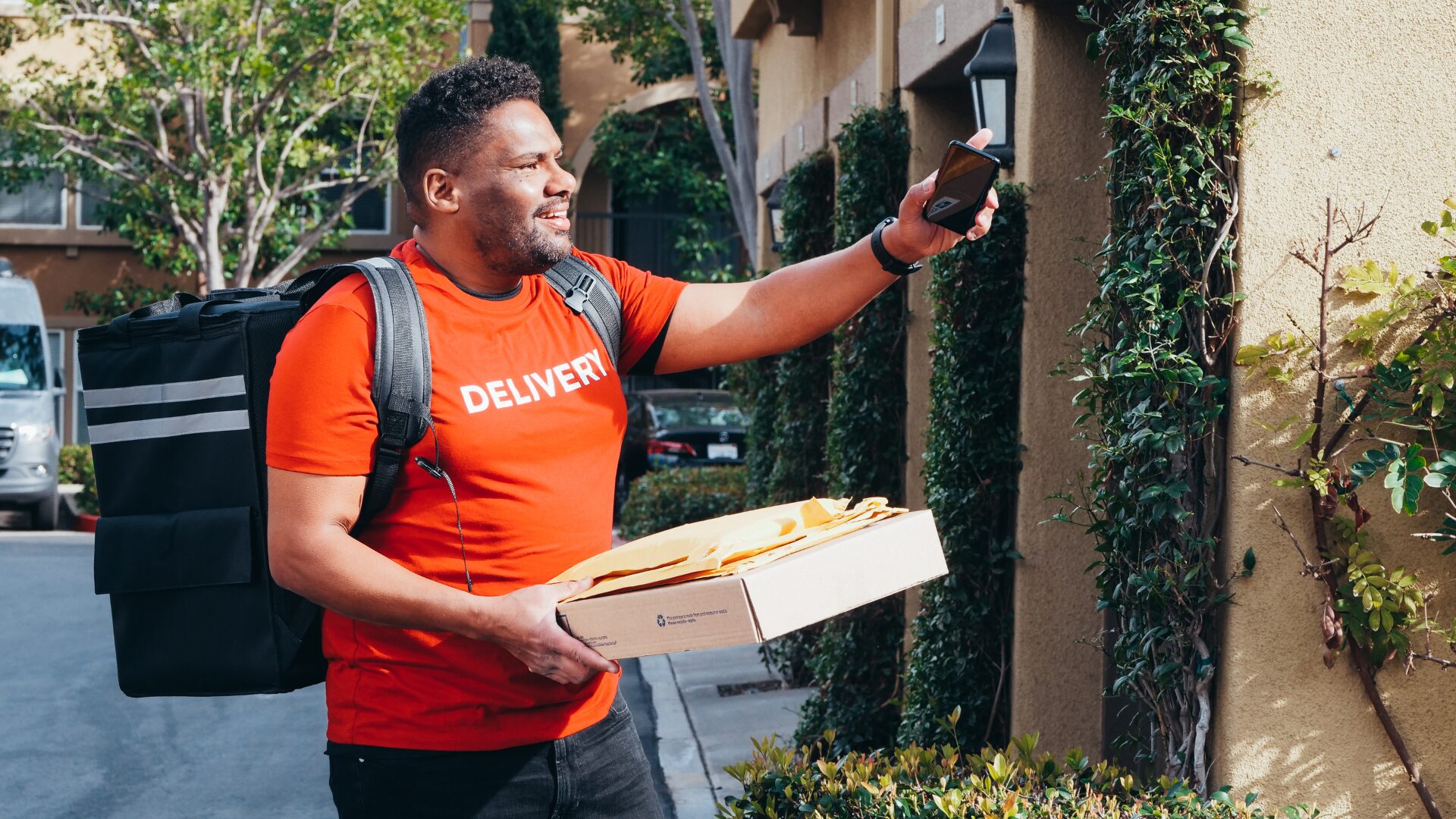With the pandemic keeping consumers away from restaurants, bars and other establishments, the growth in at-home alcohol consumption continues.
When the pandemic began, Americans turned to convenient, familiar alcohol and bought name brand items in bulk. Large-format bottles of brands like Tito’s and Kettle One flew off the shelves, while boxed wine sales soared.
Now, consumers are turning to more high-end liquors, and may soon be able to get them delivered to their homes.
A SHIFT TO PRICIER DRINKS
Since travel, concerts, and live sports are off the table, consumers are instead splurging on high-end spirits to drink at home, reported The Wall Street Journal (Jan. 31).
U.S. distillers’ revenue was up 7.7% to $31.2 billion last year, according to the Distilled Spirits Council (DISCUS), fastest growth and highest sales for at least 40 years. Spirits above $40 per 750 milliliters accounted for 40% of the U.S. spirits industry’s growth in 2020, compared with 34% in 2019.
American whiskey sales rose 8.2%, cognac grew 21% and tequila and mezcal combined jumped 17%, DISCUS data shows.
Additionally, liquor giant Diageo recently reported a notable jump in U.S. spirit sales for the second half of 2020, driven by higher-end drinks. Tequila brands Don Julio and Casamigos, which both sell for about $50 per 750 milliliter bottle, grew North America sales by 55% and 137% respectively.
BRANDS BENEFIT FROM HOME DELIVERY
Producers are also benefiting from law changes in some states that allow restaurants and bars to offer click-and-collect and home-delivery cocktails for the first time. Alcohol to-go has become such a big trend that the National Restaurant Association’s State of the Restaurant Industry report included it in its top trends for 2021.
Several states, such as Iowa and Ohio, have moved to make their cocktails-to-go measures permanent and DISCUS is lobbying for others to do the same.
Ordering liquor for delivery could get even easier following Uber’s latest acquisition, its purchase of alcohol delivery platform Drizly for $1.1 billion in stock and cash, reported CNBC (Feb. 2).
Drizly has become the leading on-demand alcohol delivery service in the U.S. and is available in 1,400 cities. As of last summer, the company saw a sales surge of 350% over the past year and had doubled its retail partnerships since the beginning of 2020.


